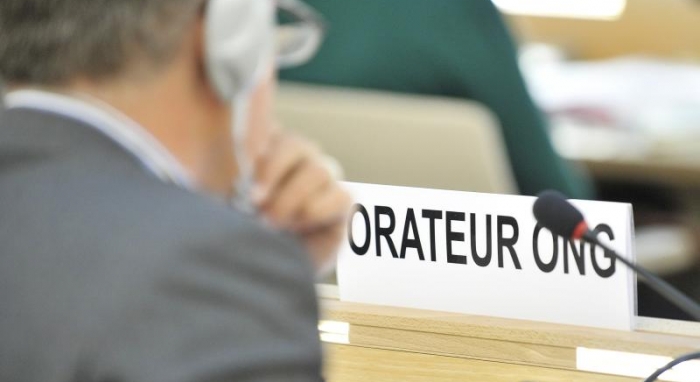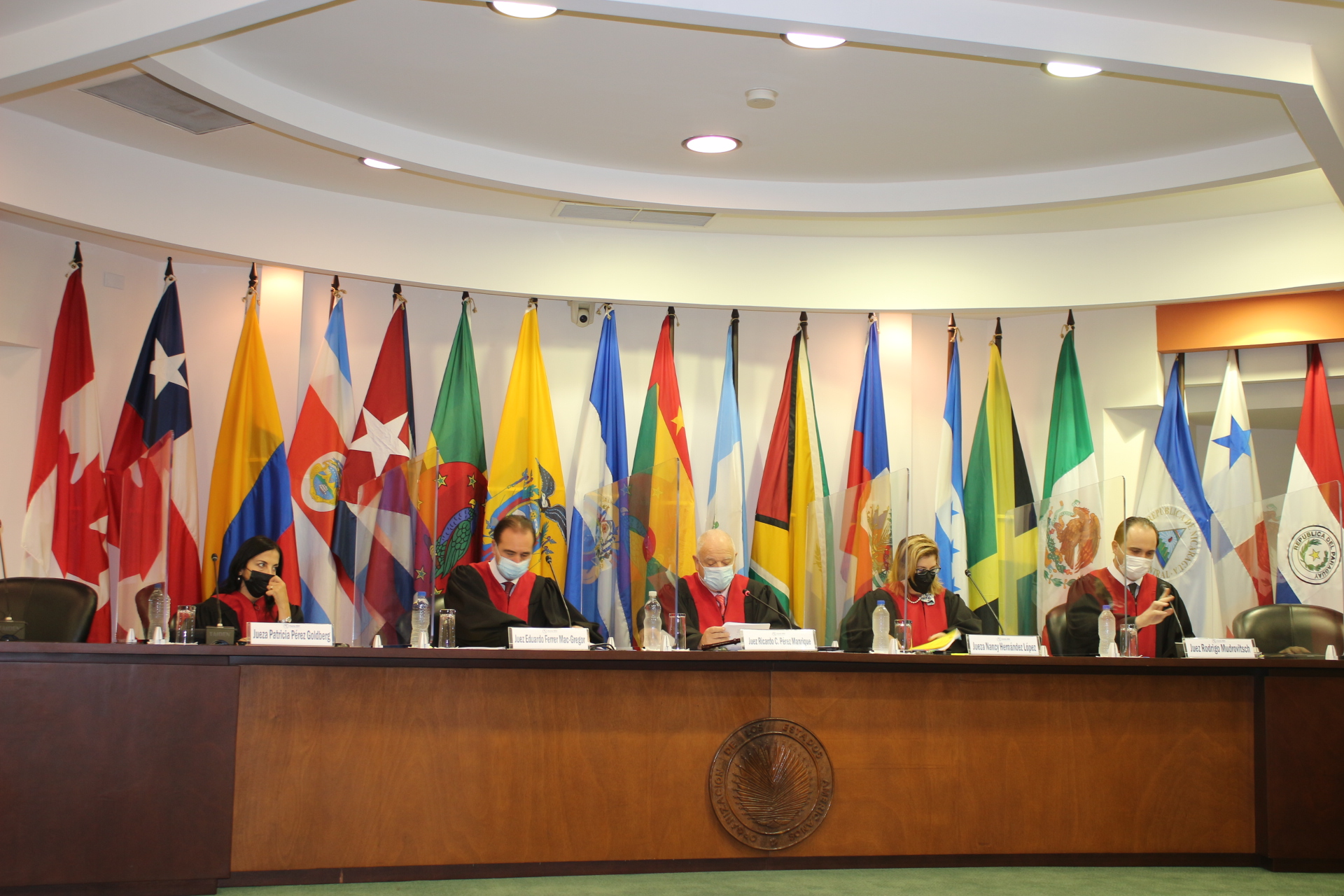ISHR’s new report to the UN Secretary-General demonstrates the need for the UN and States to do more to prevent and ensure accountability for intimidation and reprisals against those who cooperate or seek to cooperate with the UN. The report was prepared in response to the call for submissions to the annual report of the Secretary-General on cooperation with the UN in the field of human rights, aka the ‘Reprisals Report’. ISHR’s submission outlines developments in the international human rights system, and documents a number of new cases, as well as follow up on previously submitted cases.
ISHR’s submission presents a disturbing pattern of intimidation and reprisals in 26 countries. Cases of reprisals featured in the submission range from States defaming and stigmatizing defenders, to criminalising their work, to killing them. In Venezuela, ongoing monitoring of the situation by the UN has been met with sustained risk, stigmatization and harassment of defenders working with the mechanisms. In the Philippines, the situation shows no signs of improving—with human rights defenders continuing to be vilified by the government and accused of being terrorists. Defenders in Andorra, Bangladesh, and India continue to be criminalised. The submission details the detention of defenders in Bahrain, China, Egypt, Saudi Arabia, and the United Arab Emirates. And there is still no accountability for the deaths in custody of defenders in China and Venezuela. Other cases of reprisals include threats, harassment, hate speech, surveillance, property damage, disbarment, death threats, travel bans, disappearance, dissolution of associations, judicial harassment, smear campaigns, confiscation of travel documents, red tagging, and accusations of terrorism, among others. Other countries cited in the report include The Bahamas, Burundi, Cameroon, Equatorial Guinea, Israel, Malawi, the Maldives, Oman, Morocco, Nicaragua, Russia, Thailand, the United States, Vietnam and Yemen.
ISHR submitted follow-up information on a large number of cases, demonstrating that incidents of reprisals and intimidation are very rarely, if ever, adequately resolved. ‘The vast majority of cases remain unresolved year after year. More must be done to ensure the efforts to document and address reprisals cases also include sustained and consistent follow up. Otherwise, the cost of carrying out reprisals remains too low, impunity reigns and perpetrators are further emboldened’, said Madeleine Sinclair, New York Office Co-Director and Legal Counsel.
The primary duty to prevent and remedy reprisals lies with States—who must do more to prevent, investigate and ensure accountability for reprisals. States must also speak out against reprisals perpetrated in other States: ‘States must use the opportunity of the interactive dialogue at the Human Rights Council on the Secretary-General’s report in September, as well as Item 5 debates at all sessions, to raise specific cases and hold their peers accountable’, said Sinclair.
Links:
Ending intimidation and reprisals against those who cooperate with the UN in the field of human rights, Submission to the UN Secretary-General on recent developments, cases and recommendations, May 2021.




